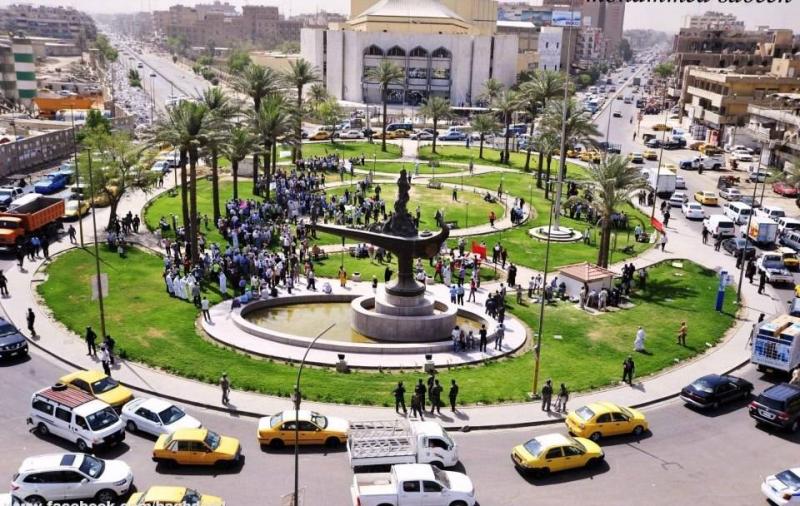A health official from the Ministry of Health suggested today, Monday, that vaccination campaigns covering 20 percent of the country's population—approximately 8 million people—could suffice for a return to normal life. Jaab Al-Hajami, Director of Health in Al-Karkh, stated in press comments that the number of vaccinated individuals in the country has reached more than 298 thousand citizens, which is disappointing. He warned that if the current vaccination rate continues, the ministry will need another 10 years to vaccinate all citizens.
He clarified that "the return to normal life requires at least reaching a vaccination level of 20 percent of the population, which means vaccinating 8 million people." He also emphasized that "there are no alternatives to the vaccine while adhering to preventive measures such as wearing masks and social distancing."
Al-Hajami discussed the vaccination technologies used in the country, explaining that "the Pfizer vaccine uses a modern technique called messenger RNA, which, upon injection, prompts cells to produce a protein that stimulates the body's immune response to recognize the virus." He added, "The AstraZeneca vaccine employs viral vector technology, meaning it uses a less virulent virus that is modified to include a part of the coronavirus, after which the modified virus is introduced into people's cells to produce a model protein that can prompt the immune systems to recognize it." Meanwhile, the Chinese Sinopharm vaccine uses inactivated vaccine technology by chemically or heat-treating infectious components of the novel coronavirus to diminish their danger, while ensuring they retain the ability to produce immunity in the form of antibodies.




